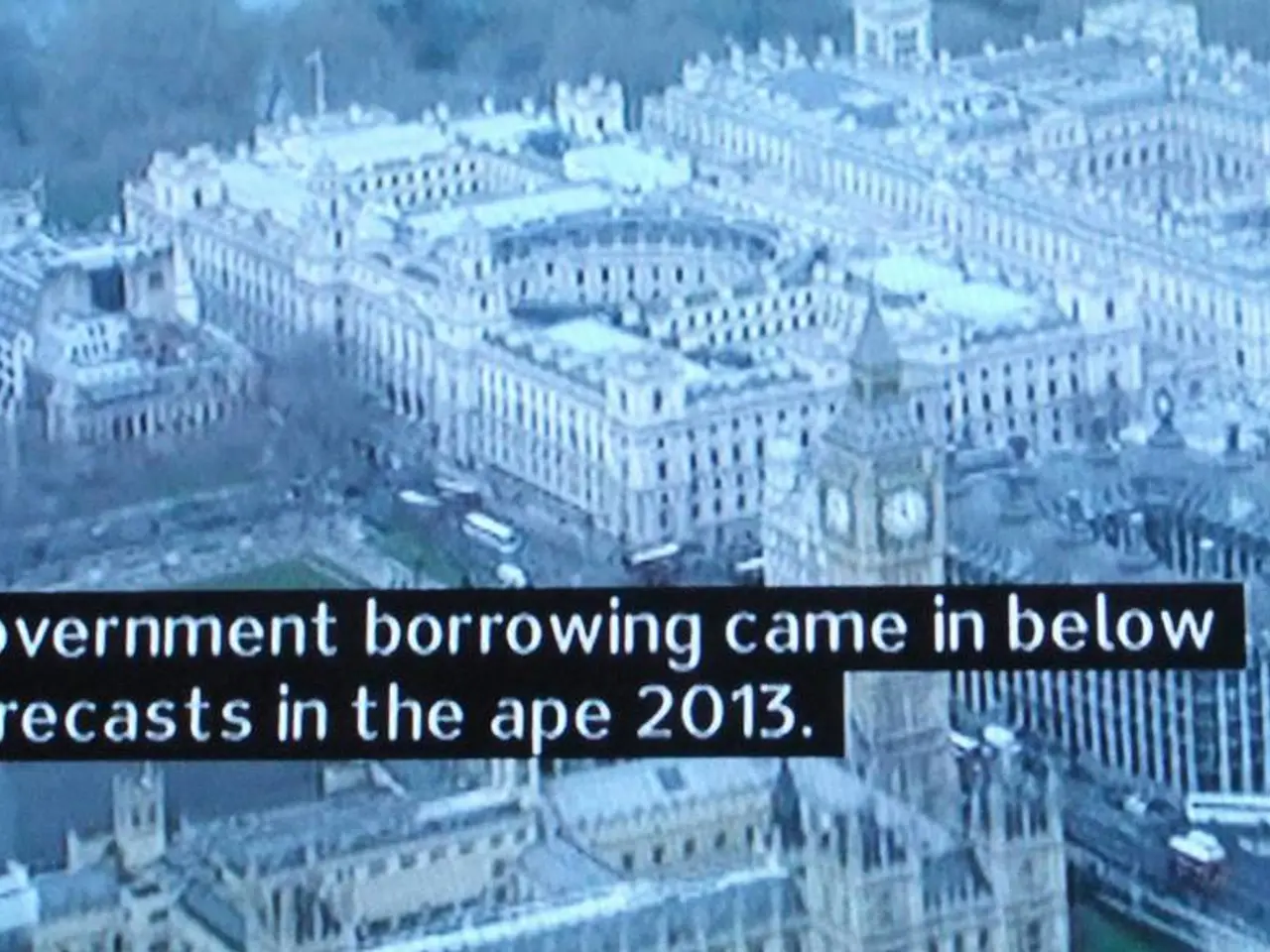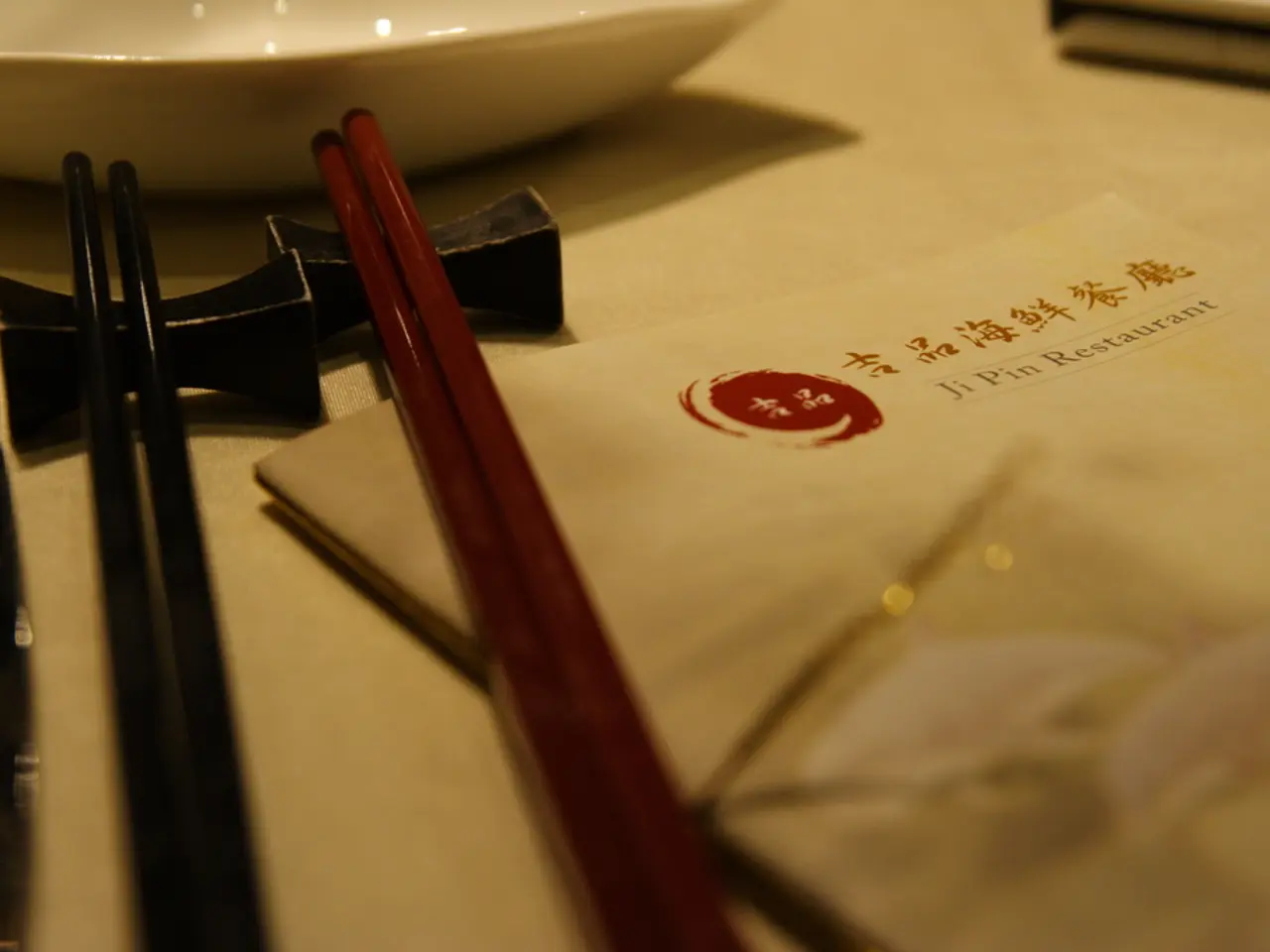Trade advisor at the White House deems imposing extra tariffs on India as a matter of national security.
The Trump administration has announced a series of tariffs on Indian exports to the US, effective from August 7 and August 27, 2025. These tariffs are part of a broader trade policy aimed at countering what the US deems as unfair trade practices and addressing perceived discrimination against American interests.
Starting August 7, a 25% tariff will be imposed on Indian exports. This is part of a reciprocal tariff framework targeting around 70 countries, including India, with the aim of generating revenue for the US and addressing discriminatory trade practices.
On August 27, an additional 25% tariff will be levied, specifically targeting India's imports of Russian oil. The US administration views these imports as fueling Russia's war efforts amid the Ukraine conflict. This move forms part of the US national emergency response to Russia’s actions and is intended to disincentivize Indian oil purchases from Russia by imposing higher costs on Indian exports.
The combined tariffs could potentially raise the total tariff burden on Indian goods to as high as 50%, making them significantly more expensive in the US market. This could impact US consumers and businesses relying on Indian goods.
India's status as a "high tariff trade partner" is due to these country-specific reciprocal tariffs, combined with broader trade frictions under the Trump administration's trade agenda. The tariffs create a complex trade environment, potentially straining bilateral relations and disrupting trade flows between the two nations.
White House Trade Adviser Peter Navarro has stated that the imposition of the additional 25% tariff on India is a "national security issue." He emphasized that every American needs to understand the implications of the India tariffs. Navarro also mentioned that the US already has over 50% tariffs on China, but the rationale for the India tariffs is different. He highlighted that the connection between economic security and national security was a factor in the India tariffs.
Navarro was also questioned about why China, which buys more Russian oil than India, has not been targeted in the same fashion. He explained that the India tariffs are related to New Delhi's refusal to buy Russian oil. He further stated that the India tariffs are a "pure national security issue."
The tariffs represent both a trade policy escalation and a geopolitical signal from the US regarding India’s energy sourcing choices amid the Russia-Ukraine conflict. It remains to be seen how these tariffs will impact the trade relations between the US and India in the long run.
[References: 1, 2, 3, 4, 5]
- The additional 25% tariff imposed on India's imports of Russian oil, effective from August 27, is not just a trade policy measure but also a national security issue, according to White House Trade Adviser Peter Navarro.
- The combined tariffs on Indian goods, rising as high as 50%, could have significant implications for American consumers and businesses relying on Indian goods, potentially disrupting trade flows and straining bilateral relations between the US and India.
- The tariffs on Indian exports, along with broader trade frictions under the Trump administration's trade agenda, have placed India in the category of a "high tariff trade partner," and the potential long-term impact on trade relations between the US and India remains uncertain.







